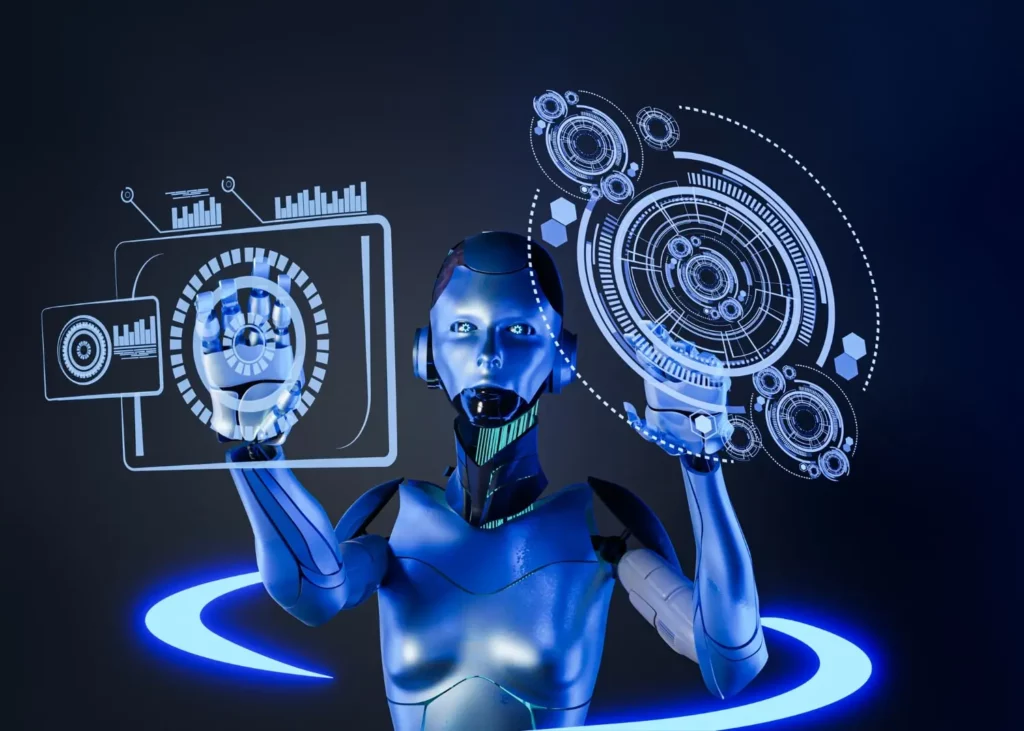Artificial intelligence (AI) technology is a revolutionary tool that has drastically transformed various industries. AI systems simulate human cognitive processes, such as learning, decision making, and problem-solving, to enable machines to perform tasks that typically require human intelligence. AI technology is a rapidly growing field that has the potential to revolutionize how humans live and operate in the world.
The Evolution of AI Technology
AI technology has come a long way since its inception in the 1950s. Early AI systems were primarily rule-based and only capable of performing certain tasks within a specific set of rules. However, modern AI systems are highly advanced and can learn from data, allowing them to make decisions and solve complex problems with minimal human intervention.
Types of AI Technology
AI technology can be broadly categorized into two types: narrow or weak AI and general or strong AI. Narrow AI is designed to perform specific tasks and is commonly used in applications like virtual assistants, speech recognition software, and traffic prediction systems. General AI, on the other hand, is capable of performing any intellectual task that a human can.
Advantages of AI Technology
The implementation of AI technology has several advantages, including:
- Improved accuracy and efficiency in performing tasks
- Better decision-making abilities
- Enhanced productivity
- Increased safety in hazardous environments
- Reduced workload for humans
- Improved customer experience through personalized recommendations and assistance
Applications of AI Technology
AI technology has found its way into various industries, including:
- Healthcare: AI systems can assist in diagnosing diseases, predicting patient outcomes, and developing treatment plans.
- Finance: AI technology can analyze financial data to make predictions, detect fraud, and optimize investment strategies.
- Transportation: AI systems can help manage traffic flow, prevent accidents, and improve vehicle safety.
- Retail: AI technology can provide personalized recommendations based on customer data, improve inventory management, and streamline logistics.
Challenges in AI Technology
Despite its benefits, AI technology also poses several challenges. One of the primary challenges is ensuring that AI systems are developed ethically and do not perpetuate existing social inequalities. Additionally, there is the challenge of ensuring that AI systems remain transparent in their decision-making processes.
Another challenge is the potential loss of jobs as AI systems replace some human roles. However, many experts argue that AI technology will create new job opportunities and can enable humans to focus on more advanced and creative tasks.
Conclusion
AI technology is transforming various industries and has the potential to revolutionize how humans live and operate in the world. While there are challenges that need to be addressed, the numerous advantages of AI technology, including improved accuracy, efficiency, and productivity, make it a valuable tool in the 21st century. As AI systems continue to advance, we can expect to see even more transformative applications in the future.











Pingback: AI Tools for Insurance